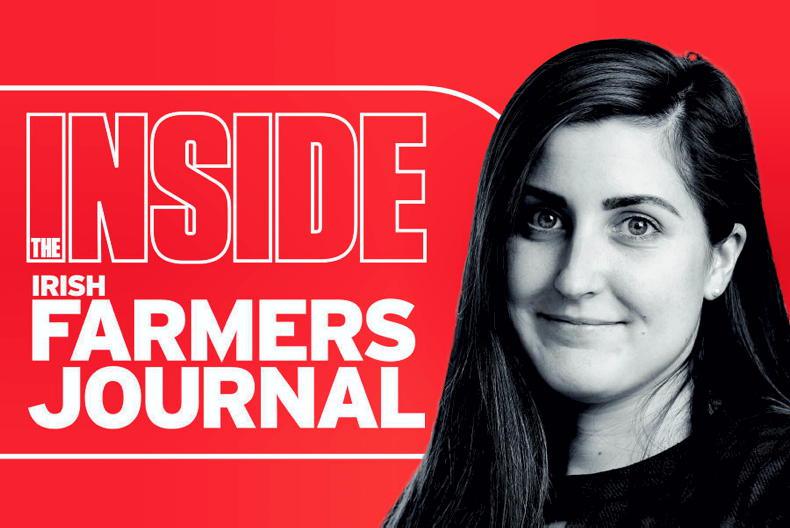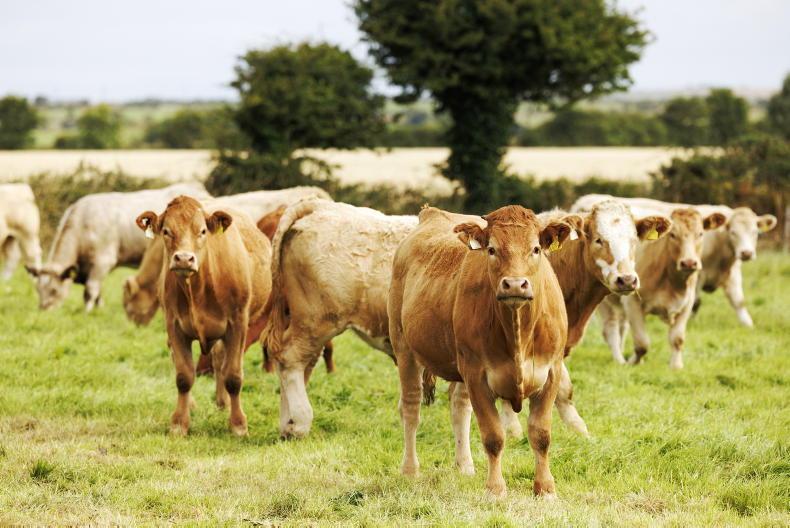There are two different bodies that collect credit information on individuals and farmers’ loans in Ireland.
The Central Credit Registrar (CCR), set up in 2017, is a centralised system managed by the Central Bank of Ireland that collects and securely stores information about loans of €500 or more.
Loans can include credit cards, overdrafts, personal loans, mortgages, business loans, money lender loans, loans from local authorities, hire purchase (HP) agreements and personal contract plans (PCP).
Every month, lenders submit information of all loans drawn down in excess of €500 to the CCR, which is used to collect information to generate individual credit reports on all borrowers.
Credit history
These credit reports are available to all lenders (such as checking the credit history of a borrower) and to the individual borrower on request.
You can check your own credit history by requesting your own individual credit report.
The CCR can hold information on borrowers for five years, but lenders are only allowed to see transactions for the past two years in the credit reports.
The Irish Credit Bureau (ICB), originally set up in 1963, provides access to a borrower’s credit history that goes back five years.
Its database contains information on the performance of credit agreements between borrowers and financial institutions.
The ICB also allows lenders access to credit history of individual directors and shareholders when a business is applying for a loan, whereas the CCR does not.
The ICB is owned and financed by its members, which are mainly financial institutions, both current and former lenders in the state.
ICB to close
The ICB will cease its credit reference service on Friday 1 October 2021.
This means ICB’s credit records will no longer be available to its members for credit referencing purposes.
As the purposes for retaining the credit records will no longer exist, the ICB will delete all its records shortly after that date.
The Irish Asset and Invoice Finance Association (IAIFA), made up of 25 consumer and SME lenders and Ireland’s industry representative body, for consumer credit, motor finance, invoice and asset finance, sees significant risk in the fact that the ICB data will no longer be available to lenders.
It considers the ICB data as necessary to continue with prudent and conscientious lending.
The IAIFA does not consider the CCR a sufficient enough data source for its needs, due to what it says is a lack of access to credit information on SME directors, shareholders and guarantors when accessing CCR reports, and a limited look-back on previous credit transactions.
Competitive advantage
Without the ICB records, it could also be envisaged that mainstream banks could end up with a competitive advantage in the SME lending market, due to the fact they have access to huge borrower information from their own files, unlike non-bank lenders, who up to now would depend more on the ICB and CCR records.
The mainstream retail banks tend to have long-ranging and long-standing relationships with customers.
This imminent closure of the ICB also comes at a time when Ulster Bank and KBC Bank are winding down their operations in Ireland.
Having access to good historic data on borrowers creates efficient, strong and prudent lending.
Non-bank lenders may now find it harder to assess loan applications from borrowers and farmers, due to lack of historic credit data and ratings.
Read more
Money Mentor: what the new CICA legislation means for farmers and consumers
Money Mentor: KBC bank sells non-performing loan book
There are two different bodies that collect credit information on individuals and farmers’ loans in Ireland.
The Central Credit Registrar (CCR), set up in 2017, is a centralised system managed by the Central Bank of Ireland that collects and securely stores information about loans of €500 or more.
Loans can include credit cards, overdrafts, personal loans, mortgages, business loans, money lender loans, loans from local authorities, hire purchase (HP) agreements and personal contract plans (PCP).
Every month, lenders submit information of all loans drawn down in excess of €500 to the CCR, which is used to collect information to generate individual credit reports on all borrowers.
Credit history
These credit reports are available to all lenders (such as checking the credit history of a borrower) and to the individual borrower on request.
You can check your own credit history by requesting your own individual credit report.
The CCR can hold information on borrowers for five years, but lenders are only allowed to see transactions for the past two years in the credit reports.
The Irish Credit Bureau (ICB), originally set up in 1963, provides access to a borrower’s credit history that goes back five years.
Its database contains information on the performance of credit agreements between borrowers and financial institutions.
The ICB also allows lenders access to credit history of individual directors and shareholders when a business is applying for a loan, whereas the CCR does not.
The ICB is owned and financed by its members, which are mainly financial institutions, both current and former lenders in the state.
ICB to close
The ICB will cease its credit reference service on Friday 1 October 2021.
This means ICB’s credit records will no longer be available to its members for credit referencing purposes.
As the purposes for retaining the credit records will no longer exist, the ICB will delete all its records shortly after that date.
The Irish Asset and Invoice Finance Association (IAIFA), made up of 25 consumer and SME lenders and Ireland’s industry representative body, for consumer credit, motor finance, invoice and asset finance, sees significant risk in the fact that the ICB data will no longer be available to lenders.
It considers the ICB data as necessary to continue with prudent and conscientious lending.
The IAIFA does not consider the CCR a sufficient enough data source for its needs, due to what it says is a lack of access to credit information on SME directors, shareholders and guarantors when accessing CCR reports, and a limited look-back on previous credit transactions.
Competitive advantage
Without the ICB records, it could also be envisaged that mainstream banks could end up with a competitive advantage in the SME lending market, due to the fact they have access to huge borrower information from their own files, unlike non-bank lenders, who up to now would depend more on the ICB and CCR records.
The mainstream retail banks tend to have long-ranging and long-standing relationships with customers.
This imminent closure of the ICB also comes at a time when Ulster Bank and KBC Bank are winding down their operations in Ireland.
Having access to good historic data on borrowers creates efficient, strong and prudent lending.
Non-bank lenders may now find it harder to assess loan applications from borrowers and farmers, due to lack of historic credit data and ratings.
Read more
Money Mentor: what the new CICA legislation means for farmers and consumers
Money Mentor: KBC bank sells non-performing loan book









SHARING OPTIONS